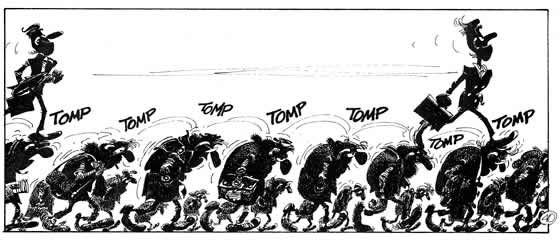

The category is misnamed. It should be best single A game from an independent studio.
Technically Sandfall is an independant studio. A very well privately funded independant studio founded by industry veterans supported by a great publisher. But no-one is arguing that other games published by Kepler Interactive aren’t independant. And with 30-ish full-time employees Sandfall’s scale is that of an SME, not an Ubisoft/EA/Sony.
The award doesn’t feel right because this middleweight AA category was completely abdandoned the previous decade (which legacy studios are now paying a heavy price for), and “indie” came to mean “single A” because if the material conditions of being an independant company.
At the same time though technological advancements enabled small teams to take on larger and larger projects. “Indie” does not mean what it used to, and Clair Obscur is trailblazing this AA renewal. Award shows simply need to adapt and start restricting entry based on team size or something.






That’s one area where you can see it is indie despite the large development cost.
They were published by Kepler Interactive and for some markets Bandai Namco. Neither of which have Ubisoft or EA’s marketing budget which normally makes up something like half of the development budget of a game.
They did have some marketing. I know a lot of French streamers were paid to play the game on launch. But yeah not “in your face for 6 months in front of every YouTube video and inside every happy meal box” like a new assassin’s creed or something.